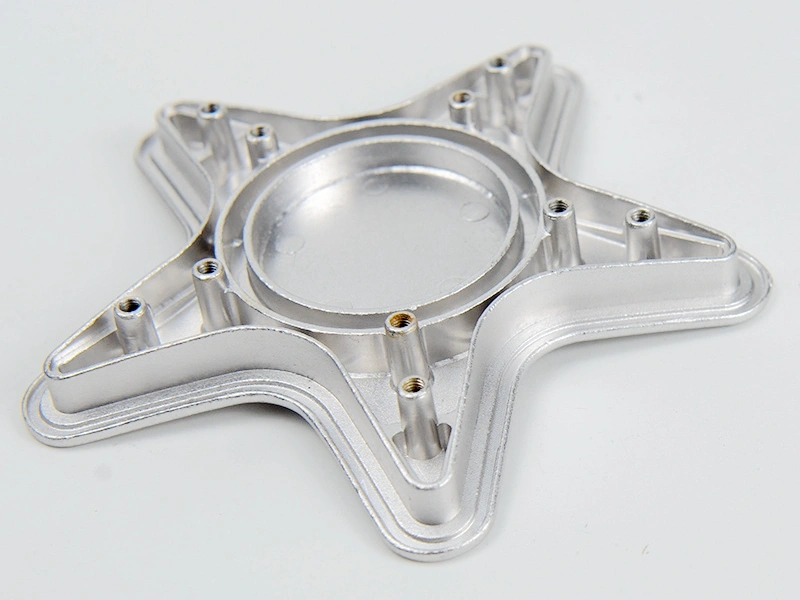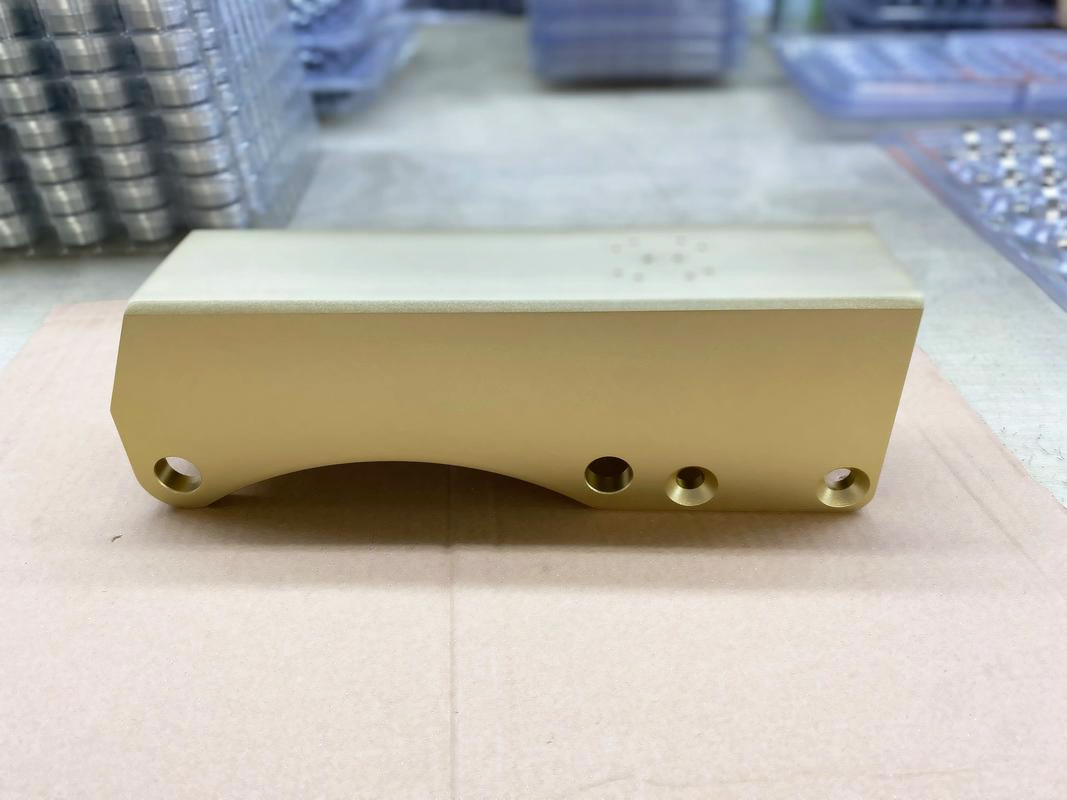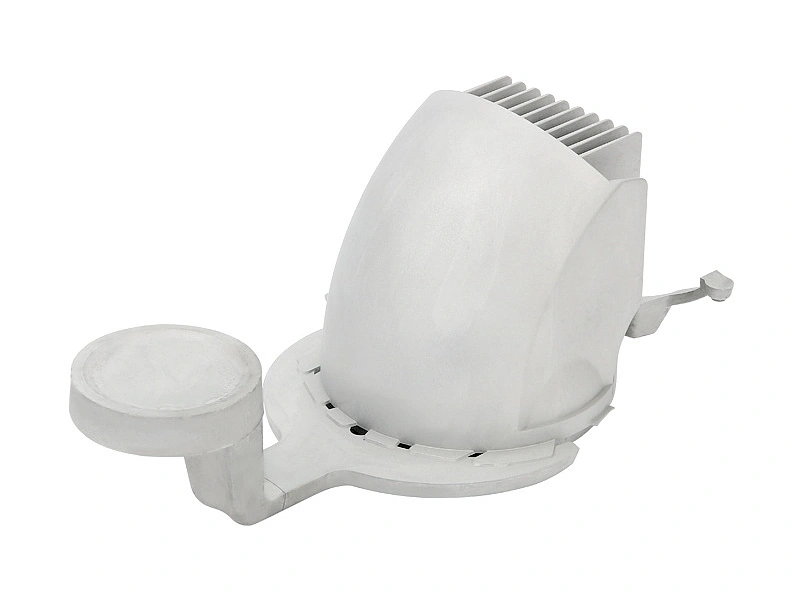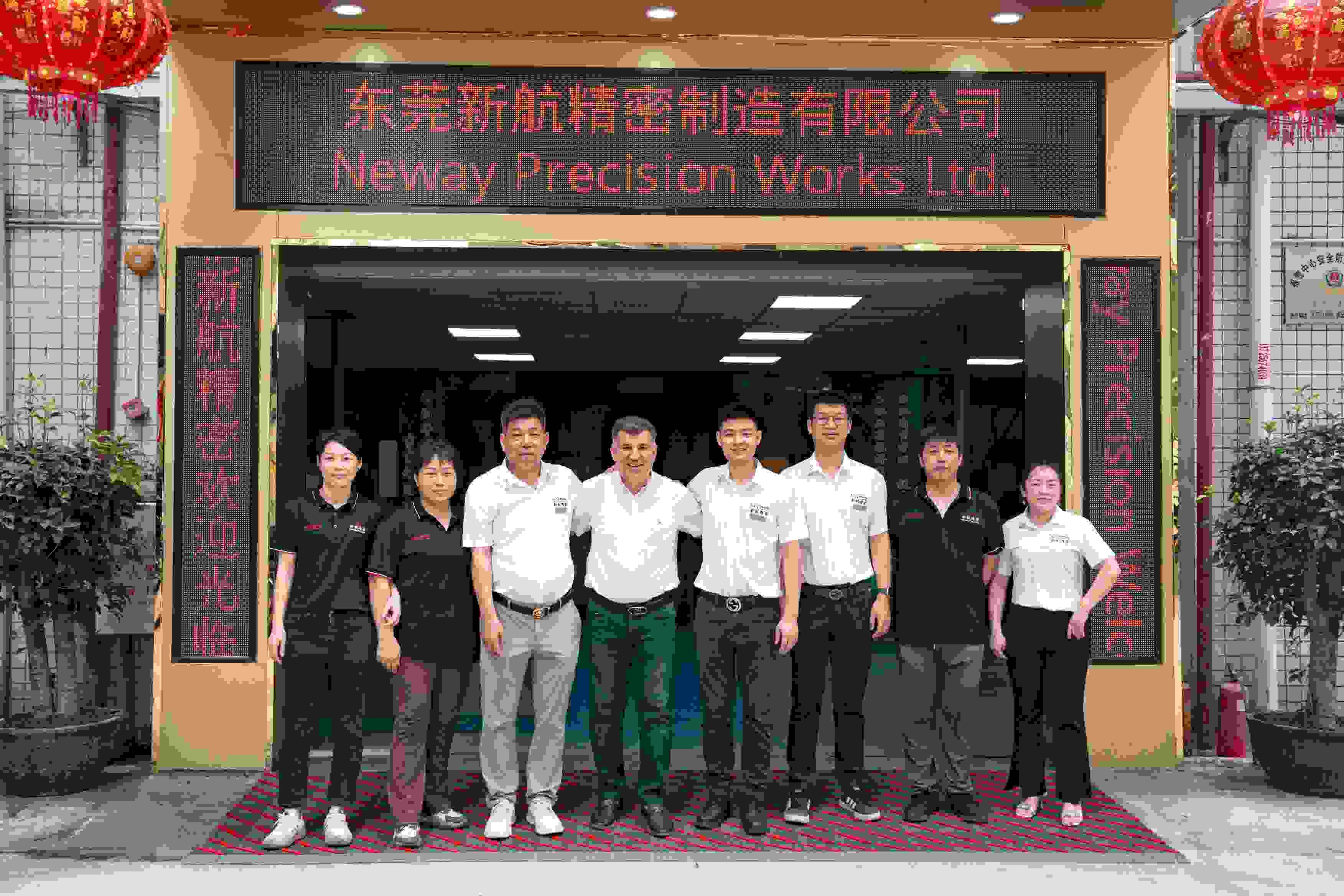Can aluminum die cast parts be used in high-temperature environments?
Can Aluminum Die Cast Parts Be Used in High-Temperature Environments?
Thermal Limitations of Aluminum Die Cast Alloys
Aluminum die cast parts offer moderate high-temperature resistance, but their performance depends heavily on the specific alloy used. Most commercial aluminum die casting alloys, such as A380 and ADC12, have a maximum operating temperature of approximately 200–250°C. Beyond this range, mechanical properties such as tensile strength and dimensional stability begin to degrade due to softening of the metal matrix.
Recommended High-Temperature Aluminum Alloys
For applications requiring better thermal stability, heat-resistant aluminum alloys like A319 or AlSi10Mg (EN AC-43500) are preferred. These alloys are engineered with enhanced silicon and magnesium content to improve:
Thermal conductivity
Creep resistance
Strength retention above 200°C
They are commonly used in cylinder heads, transmission housings, and electric motor enclosures.
Use Cases and Limitations
Aluminum die cast parts can be safely used in high-temperature environments under the following conditions:
Intermittent Thermal Loads: Ideal for parts experiencing cyclical exposure such as under-hood automotive housings.
Moderate Thermal Load Bearings: Components like engine covers or LED heat sinks.
Surface-Coated Components: Thermal resistance can be improved with anodizing or powder coating that provide thermal barrier properties.
However, they are not suitable for continuous exposure above 300°C, where superalloys or stainless steel may be required.
Integrated Support for High-Temperature Aluminum Parts
Neway provides complete support for applications involving elevated temperatures:
Engineering and Alloy Selection: Our engineering team will recommend the most suitable aluminum alloy based on thermal and mechanical requirements.
Tooling and Die Design: Optimized tool and die creation ensures dimensional stability under thermal cycling.
Post-Processing and Coating: High-performance post-processing such as CNC machining and protective surface treatments extend heat tolerance and part lifespan.



